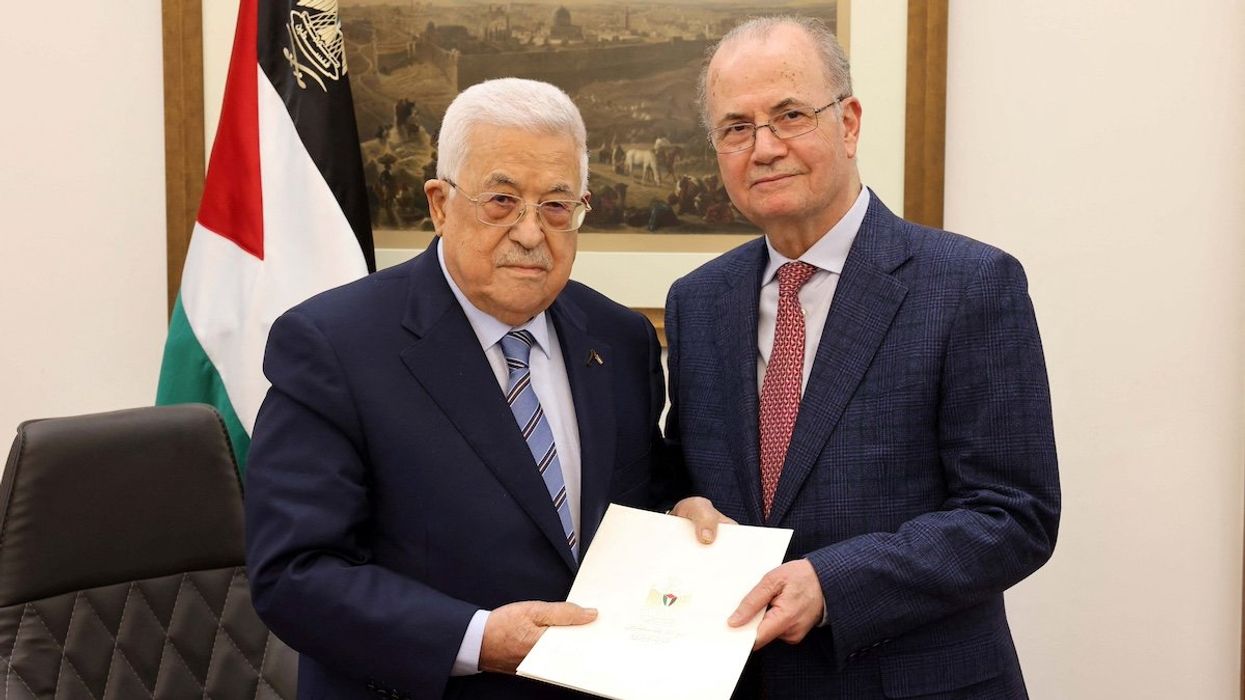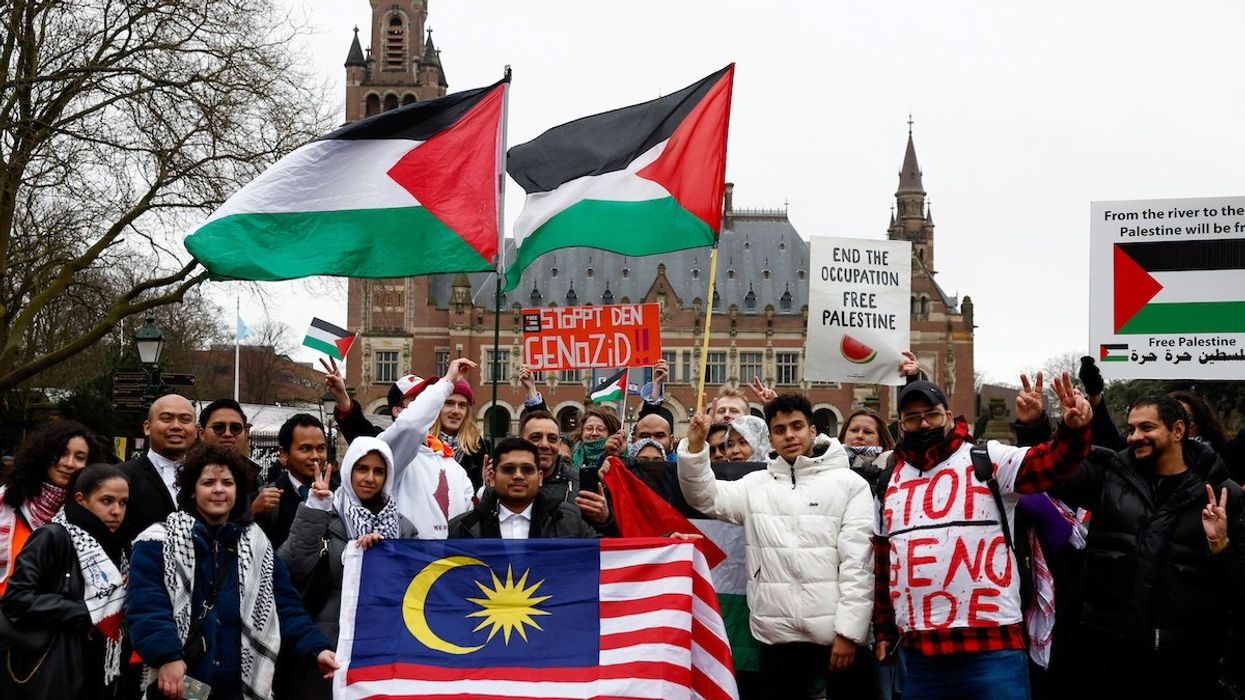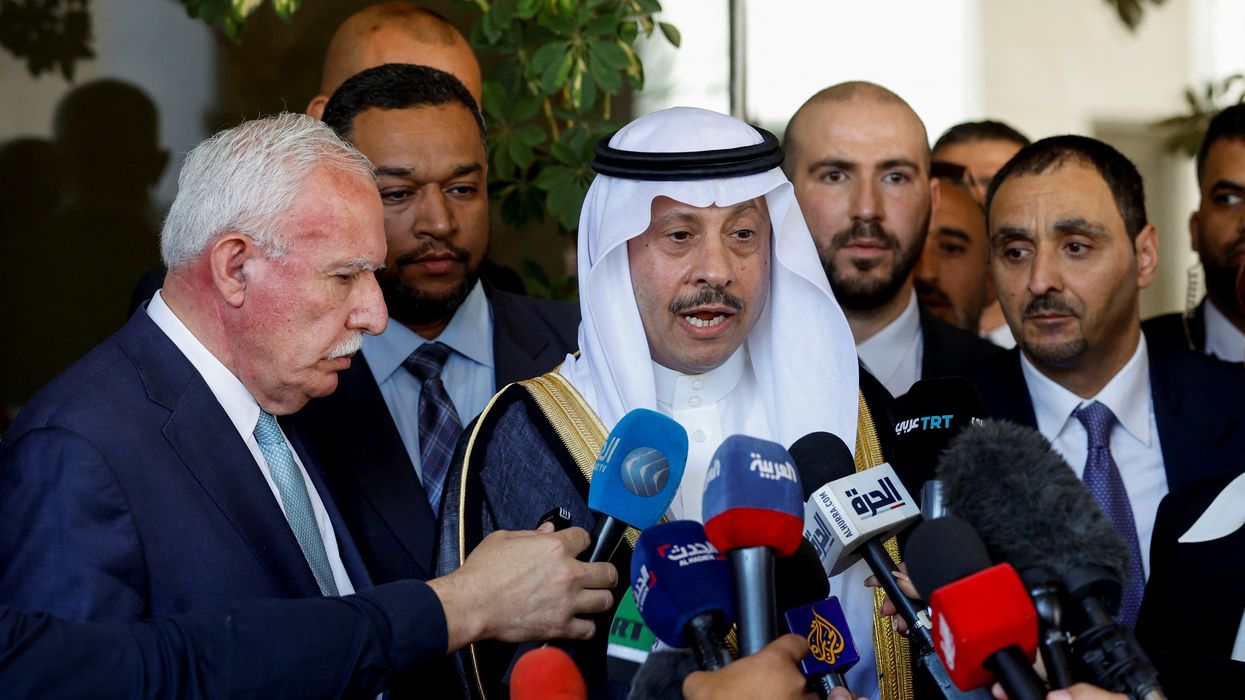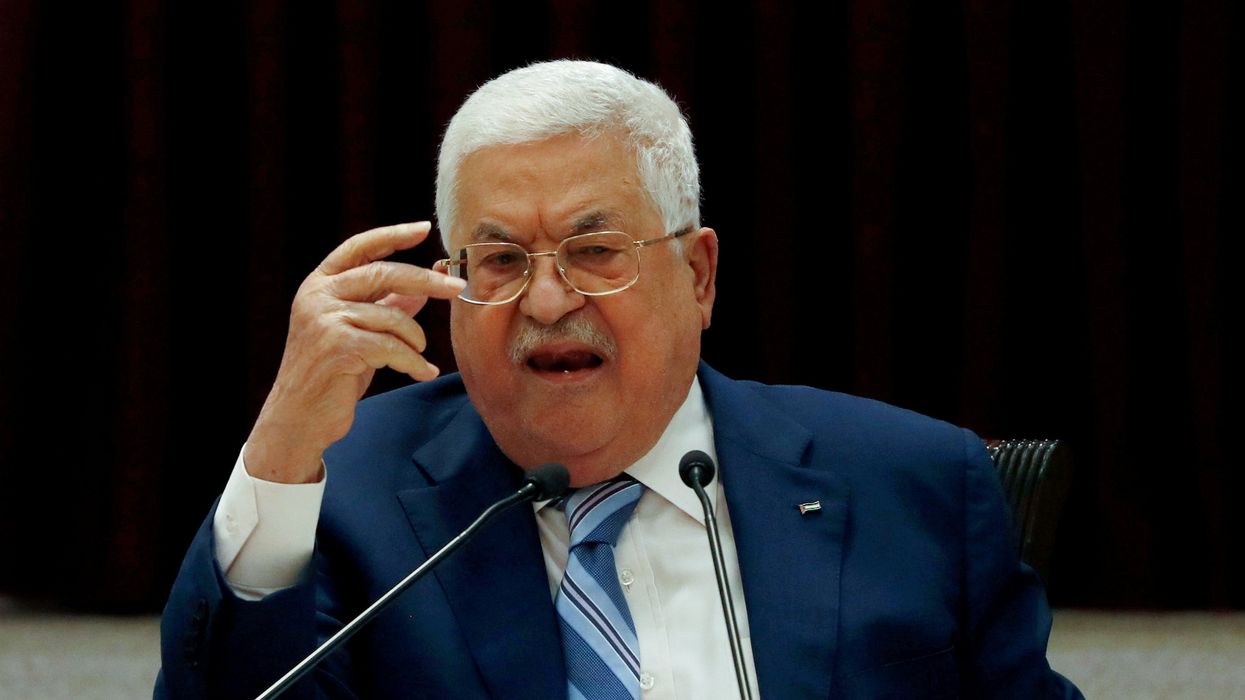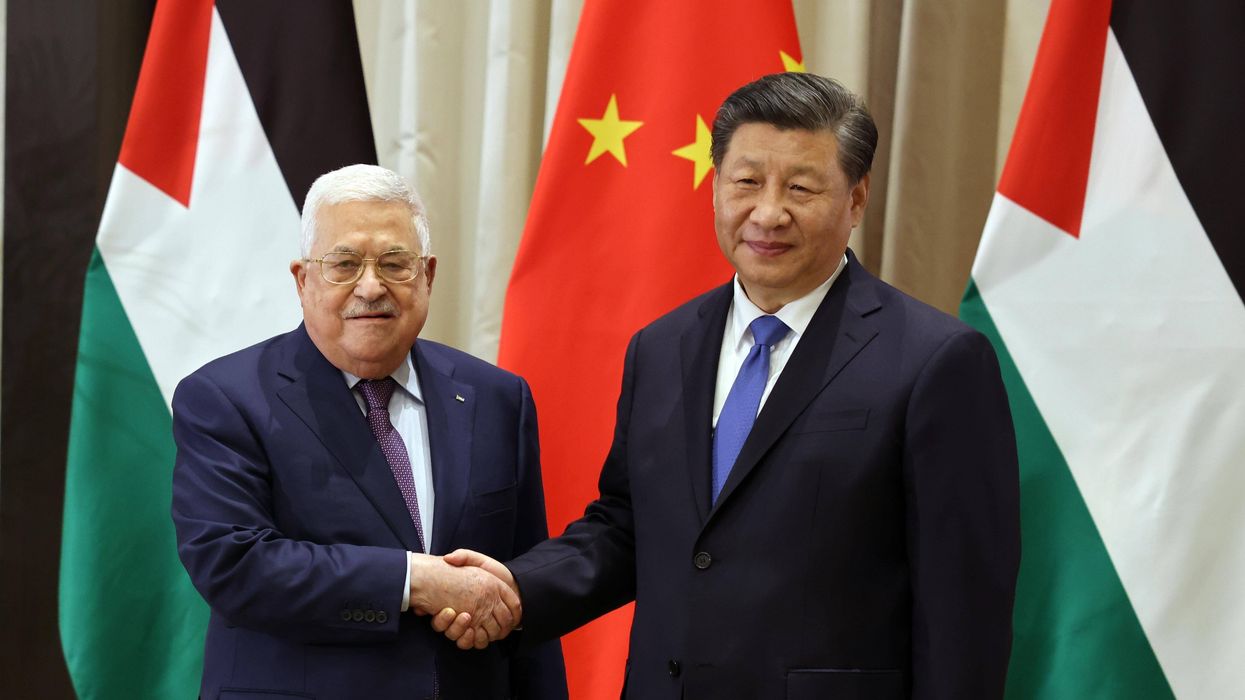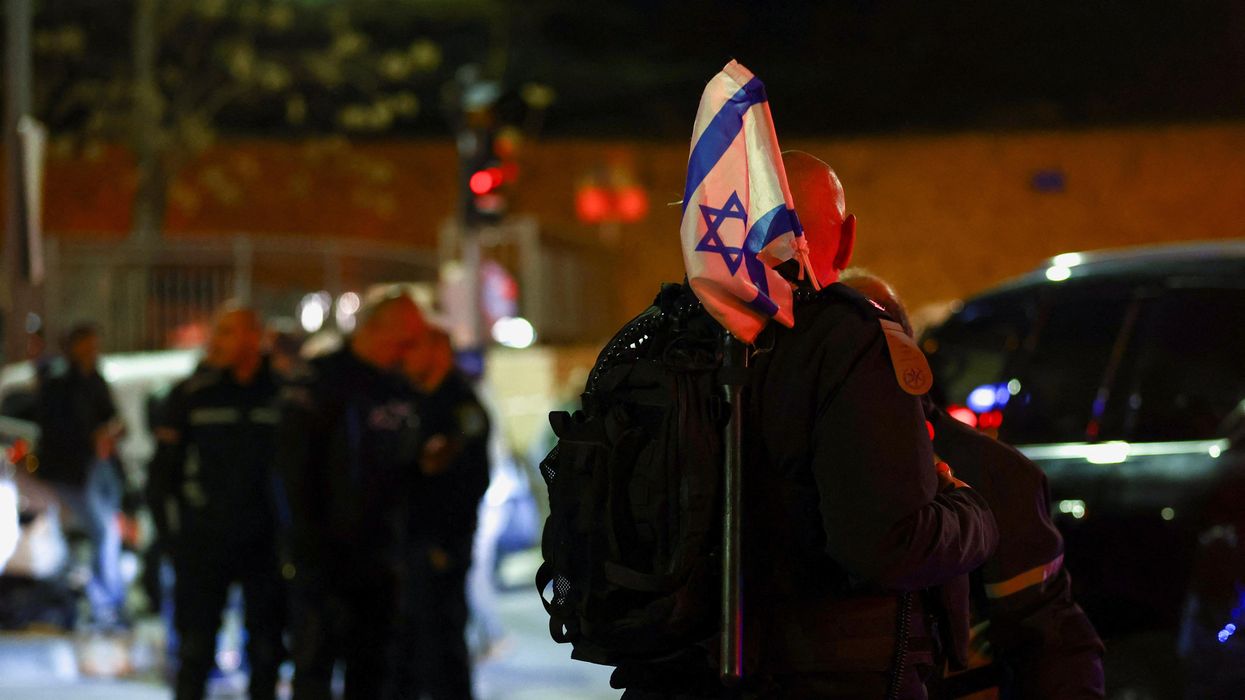What We're Watching
Palestinian factions near deal to govern Gaza
Fatah and Hamas are reportedly close to a deal on a post-war government for Gaza, marking a potential end to Hamas’ 17-year rule. The agreement would establish a committee of 12-15 politically unaligned technocrats with authority over issues of the economy, education, health, humanitarian aid, and reconstruction.
Dec 03, 2024
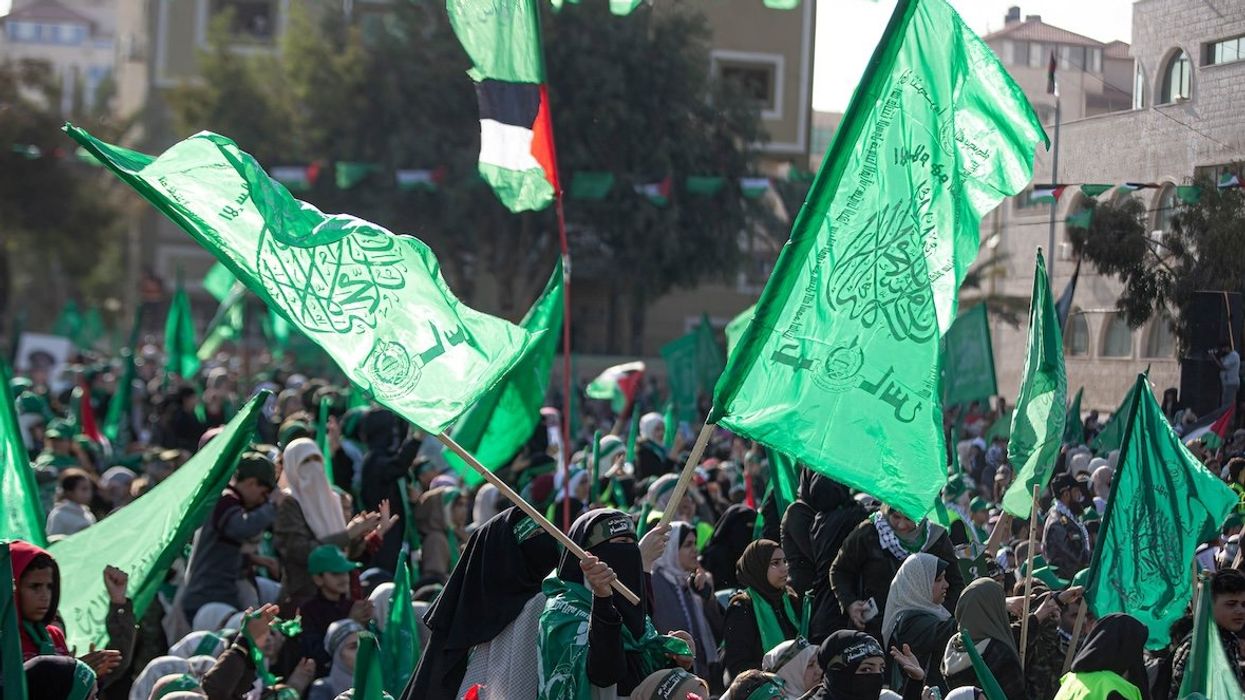
![Apulia [Italy], Jun 15 (ANI): Prime Minister Narendra Modi departs from Italy to New Delhi, on Friday.](https://www.gzeromedia.com/media-library/apulia-italy-jun-15-ani-prime-minister-narendra-modi-departs-from-italy-to-new-delhi-on-friday.jpg?id=52460218&width=1245&height=700&quality=55&coordinates=0%2C0%2C0%2C0)

